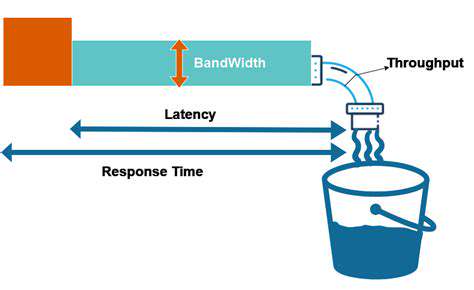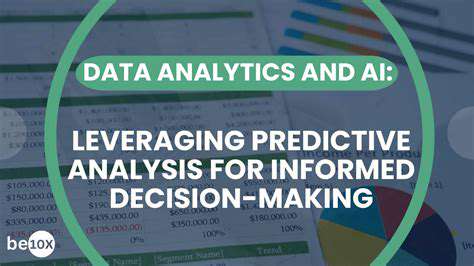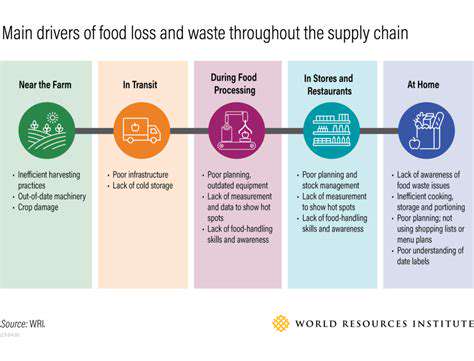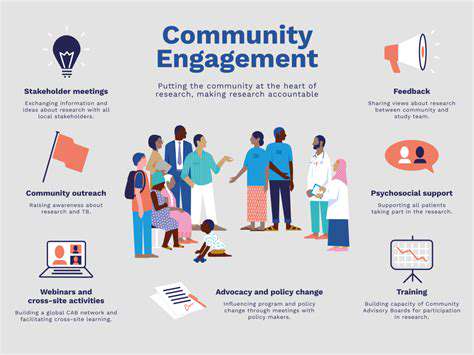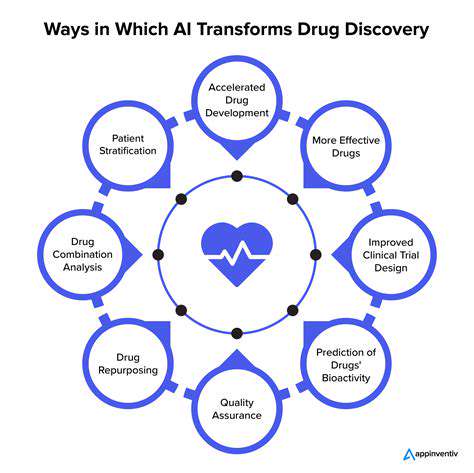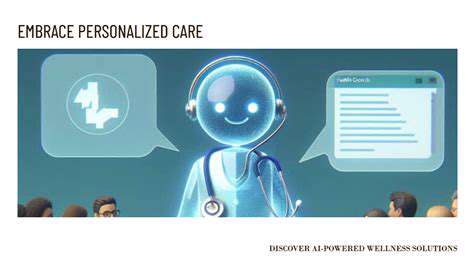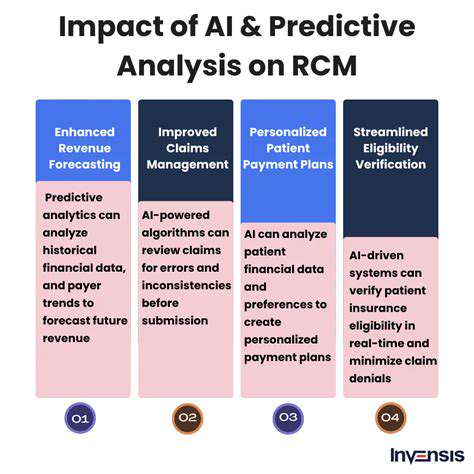
The Growing Need for AI Regulation
Artificial intelligence is rapidly transforming various sectors, from healthcare to finance, and its impact on society is undeniable. This rapid advancement necessitates a careful and proactive approach to regulation, ensuring responsible development and deployment. The potential benefits of AI are immense, but so are the risks, including bias in algorithms, job displacement, and privacy violations. A robust regulatory framework is crucial to mitigate these risks and ensure that AI benefits all of humanity.
The current landscape lacks a comprehensive global approach to AI regulation. Different countries are taking varying steps, leading to inconsistencies and potential conflicts. This fragmented approach poses challenges in fostering innovation and ensuring ethical considerations are universally addressed. The need for harmonized international standards is clear, allowing for a more coordinated and effective response to the emerging challenges.
Defining the Scope of AI Regulation
The scope of AI regulation is a complex issue. It must consider various types of AI, from narrow AI applications to more sophisticated general-purpose AI. Different levels of risk associated with different AI applications must be assessed and prioritized. Moreover, the regulatory framework should be flexible enough to adapt to the continuous evolution of AI technologies.
Establishing clear definitions of key terms, such as high-risk AI, is essential for effective regulation. This will help identify applications requiring stricter oversight and ensure consistent enforcement across jurisdictions. The precise characteristics of high-risk AI remain a subject of ongoing discussion and debate, requiring careful consideration by policymakers.
Addressing Bias and Fairness in AI
AI systems can perpetuate and amplify existing societal biases if not carefully designed and monitored. Algorithmic bias can lead to discriminatory outcomes in areas like loan applications, hiring processes, and criminal justice. Regulatory frameworks must incorporate mechanisms to identify and mitigate bias in AI algorithms. This includes promoting diverse datasets, rigorous testing protocols, and independent audits.
Transparency in AI decision-making processes is also crucial. Users should have the ability to understand how AI systems arrive at their conclusions. This will help build trust and accountability, fostering greater acceptance and responsible use of AI technologies.
Promoting Ethical AI Development
Ethical considerations must be at the forefront of AI development. Regulations should incentivize the development of AI systems that align with human values and societal well-being. This includes promoting fairness, accountability, and transparency throughout the entire lifecycle of AI systems, from design and development to deployment and maintenance.
Encouraging the development of ethical guidelines and best practices among AI researchers and developers is vital. These guidelines should emphasize responsible innovation and the need for human oversight in AI systems.
Ensuring Data Privacy and Security
AI systems often rely on vast amounts of personal data. Protecting this data from misuse and breaches is paramount. Regulations must establish robust data privacy safeguards and security measures to protect individuals from potential harm. This includes restrictions on data collection, storage, and use, as well as provisions for data breaches and redress.
Furthermore, regulations should promote data minimization, meaning that AI systems only collect and use the data necessary for their intended purpose. Data anonymization and encryption should also be considered to further enhance privacy protection.
International Collaboration and Harmonization
The global nature of AI necessitates international collaboration in establishing regulatory frameworks. Harmonized standards across different countries will foster innovation while ensuring that AI is developed and deployed responsibly worldwide. International bodies and forums can play a critical role in facilitating discussions and agreements on AI governance. A unified approach will help to avoid conflicting regulations and promote a more predictable and supportive environment for AI development.
The complexities of AI regulation require ongoing dialogue and collaboration among governments, industry stakeholders, researchers, and the public. This collaborative approach will be essential for navigating the future of AI and ensuring its responsible development and deployment.
